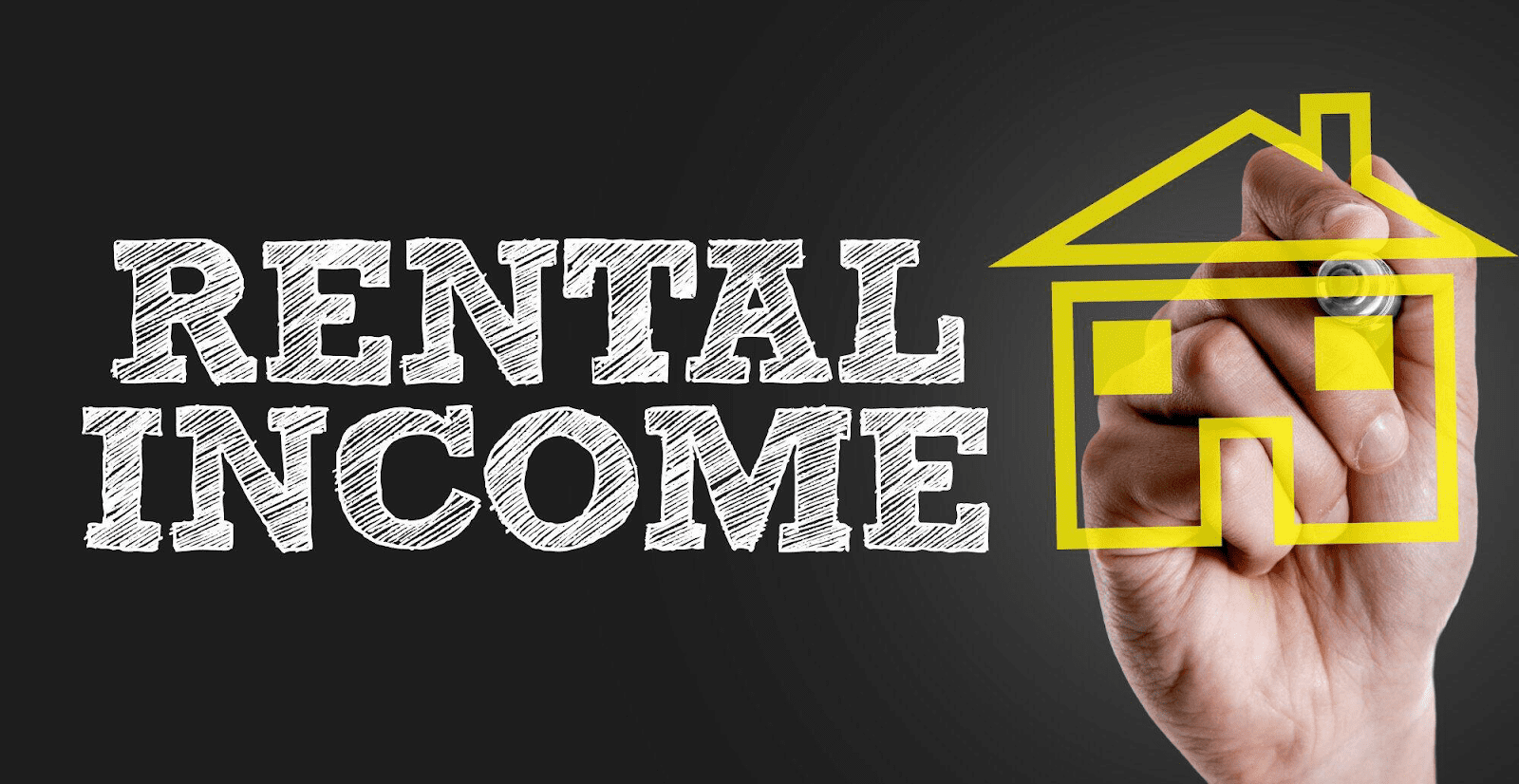So, you have some money saved up and want to put it to use. You already have money in stocks and want to diversify your investments. For many people, this means investing in real estate.
Real estate is one of the best investment vehicles to hold and grow net worth. Prices typically rise over time, so you can make good money if you have a long-term strategy.
If you’re interested in buying your first rental property, there are some important things to know. Read on to learn more.
Understand All Your Costs
New landlords often fail to realize the true cost of running a rental property. They see their monthly mortgage and rental income and make conclusions based on that data. Unfortunately, there’s much more to it than that.
Landlords should also consider covered utilities, repairs, taxes, and other expenses. There is also the time spent managing the property and fixing problems.
All of these add to the overall cost of ownership and change the profit calculation. Consider all of this before buying your first rental to ensure you’ll see a profit.
Inspect Before You Buy
It’s not uncommon to buy a home with issues when buying a rental. It’s the fix-and-flip approach, but instead of selling after you repair a home, you keep it and take advantage of appreciation and rent.
But you won’t be able to understand your margins if you aren’t aware of all the issues. A home may have roof issues, plumbing problems, and other issues that aren’t immediately visible at a glance.
Get a property inspection before you commit to buying a home. This information will give you a better idea of repair costs and allow you to handle them before moving a tenant in.
Understand Tenant Screening
You’re trusting people to care for your home when you aren’t there. Yes, they are paying to live there, so you would expect them to care for things. But that doesn’t always happen.
Bad tenants can cost you more money, leave you with extended vacancies, and cause other headaches. You must screen tenants to avoid problem candidates.
For instance, you want to ensure you accept tenants who pay on time. Looking at landlord tenant credit bureau reporting may give you insight into a tenant’s payment history and if they recently had problems.
Invest in Tools
Sure, you can handle property management using manual tools. Put everything into a spreadsheet program and organize things manually, and you can put together a decent system.
But you also should consider how long it takes to do these things. You may spend too much time managing information as your rental business grows.
Technology makes this process easier. There are CRMs for real estate, tenant management software, payment collection tools, and many other solutions. Investigate and sign up for your options early to remove as much manual work from being a landlord as possible.
Stay Proactive With Maintenance
Things aren’t always as they seem with property rentals. You may not be getting a ton of calls detailing issues with a rental, but that doesn’t mean things aren’t breaking down behind the scenes.
Regular maintenance will help you manage those issues. Home repair professionals can maintain your equipment, like HVAC units and hot water heaters, to ensure they keep running longer.
Repair specialists can also inspect other areas of a home to look for unseen damage. Taking care of those things before they grow into larger problems may prevent a much more costly home repair.
Create a Rental Agreement
It’s important to know who’s responsible for what in a rental relationship. If a tenant and landlord both expect the other party to take care of something in a home, regular upkeep may not happen and cause issues with the property.
Take lawn care, for example. Many landlords expect tenants to care for the lawn. But if a tenant expects the landlord to do this, the grass may become overgrown and attract the attention of the local government.
Lay all this out in the rental agreement. There should be no question about who’s responsible for what. Ideally, get a lawyer to review your agreement to ensure it’s legal and covers all relevant details.
Price Appropriately
It’s understandable if you want to charge a high rent for your property. You may have some expenses that make it necessary to charge higher to cover your costs.
But you should also look at the average rent in your property’s area. Are you charging much higher than that rate, and will tenants take your offer?
A high rent may lead to extended periods with no rental income. Your ultimate goal is to have tenants at all times with minimum vacancies. Price your rental to accomplish this goal.
Learn How to Outsource
Your first rental may not take much time to manage initially. This is especially true if you buy a newer home with few maintenance requirements.
But as the home gets older and you buy new properties, the time it takes to manage may grow. There may also be situations when big problems occur that take up more of your time.
Consider hiring a property management company in this situation. A management company will handle much of the hard work, giving you the time to expand your business or relax. You can work with a company to handle as little or as much of the work as you wish.
Pick Your First Rental Property Carefully
Rental properties have long been a favorite choice for people looking to grow their net worth, build a business, and create a more passive income. However, many first-time landlords can bite off more than they can chew with their first rental property.
There are countless considerations to make when you become a landlord, from the popularity of a rental property to the net cash flow, that factor into buying a property. Be sure to consider everything to ensure your first property purchase is a success.
Are you planning to grow your real estate holdings after acquiring your first rental property? Our blog has everything you need to know about being a landlord and rentals. Head back there to learn how to manage your new business.

































